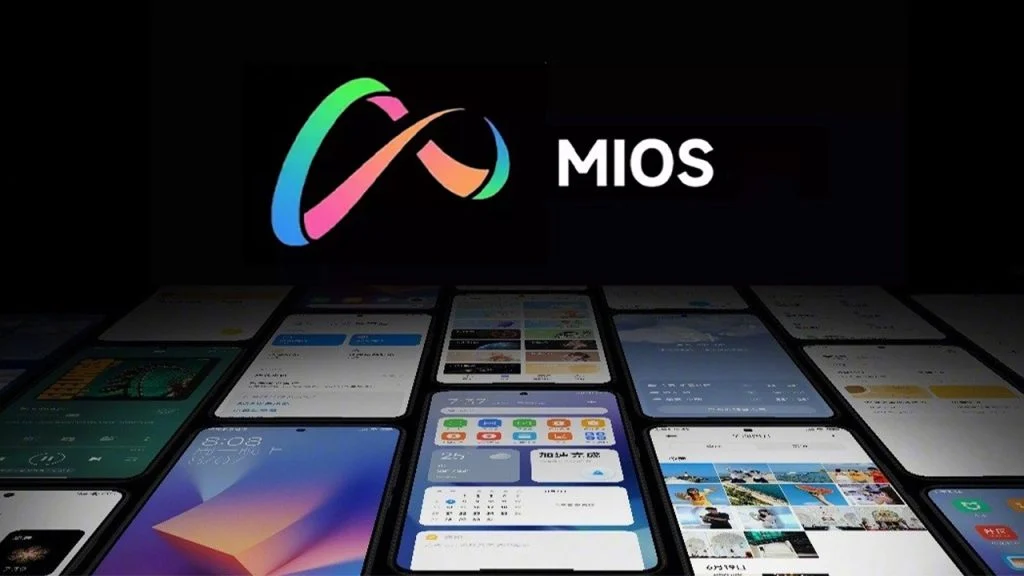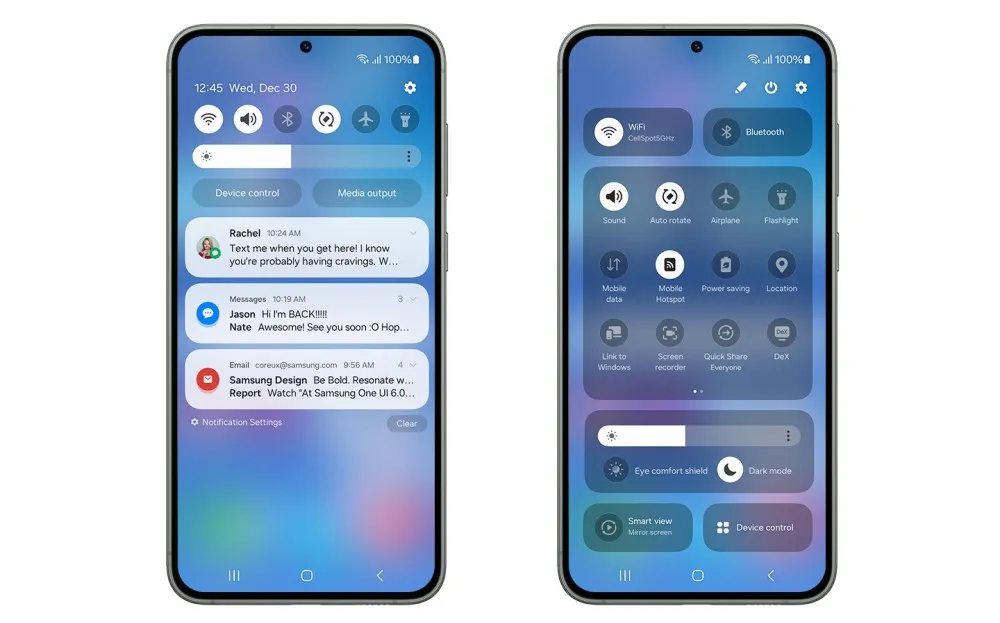Investigation Exposes AT&T and US Government Surveillance of Millions of Americans
In the contemporary digital era, safeguarding personal data stands as a paramount concern for many people. Nevertheless, recent inquiries have brought to light a troubling reality—AT&T and the US government have engaged in surveillance activities targeting millions of Americans over an extended period. This disclosure provokes substantial apprehensions regarding privacy and the scale of surveillance prevalent within our society.
The Data Analytical Services Initiative
The collaborative effort between AT&T and the US government has spawned the Data Analytical Services (DAS) initiative. This initiative empowers federal, state, and local law enforcement entities to acquire access to Americans' telephone call data. Demonstrating the capacity to amass more than a trillion call records annually, DAS stands out as the most extensive telephone record collection program identified to date.
Financial support for the DAS initiative is channeled through the White House Office of National Drug Control Policy, with funds exceeding $6.1 million allocated since 2013. Nevertheless, this initiative has encountered disapproval from privacy proponents and Senator Ron Wyden, who assert that it trespasses on the privacy rights of American citizens and operates without adequate legal sanction.
Privacy Issues and Judicial Scrutiny
The unveiling of the DAS initiative has stirred a discourse on the equilibrium between national security imperatives and individual privacy rights. Skeptics contend that the widespread surveillance of phone communications transcends the bounds necessary for crime prevention and encroaches upon the Fourth Amendment rights of Americans. They scrutinize the legitimacy and constitutionality of such an initiative.
Senator Wyden has taken steps by introducing legislation aimed at dismantling the DAS initiative. Nonetheless, the future trajectory of the initiative hangs in the balance as the Biden administration presently scrutinizes its continuity. The verdict on its fate will bear expansive consequences for privacy entitlements and the magnitude of governmental surveillance.
Safeguarding Personal Information's Significance
The exposure of AT&T and the US government's surveillance activities targeting millions of Americans underscores the imperative for individuals to adopt proactive measures in shielding their personal data. While complete avoidance of online information sharing may pose challenges, there exist strategies to mitigate associated risks.
It remains imperative to exercise caution regarding the information shared and regularly reassess privacy configurations on social media platforms. Moreover, employing robust, individualized passcodes and activating two-factor authentication can furnish an additional stratum of security. Vigilance against phishing endeavors and steering clear of dubious websites can further fortify the protection of personal data against illicit access.
In summary, the brought-to-light surveillance initiative by AT&T and the US government engenders notable disquiet concerning privacy realms and the expanse of governmental surveillance. As individuals, maintaining vigilance and taking proactive stances in safeguarding personal information are crucial facets in navigating the contemporary digital landscape.



